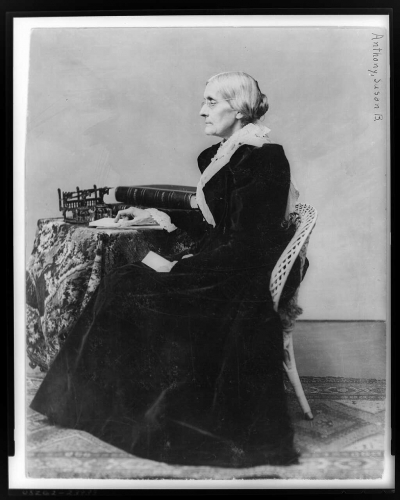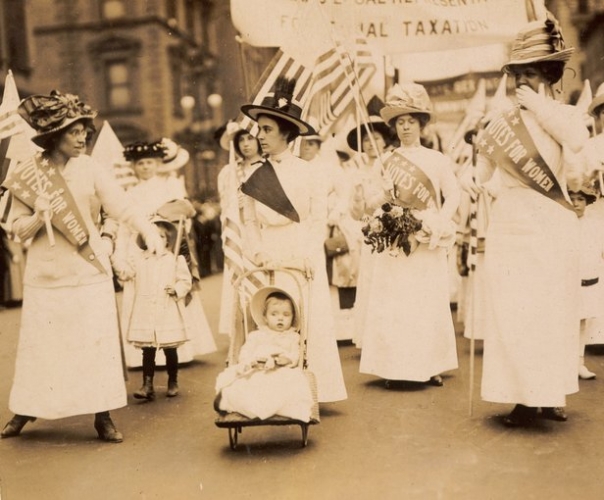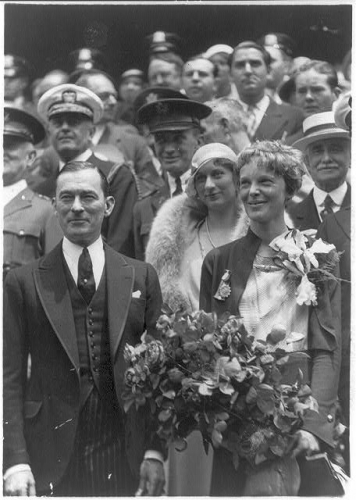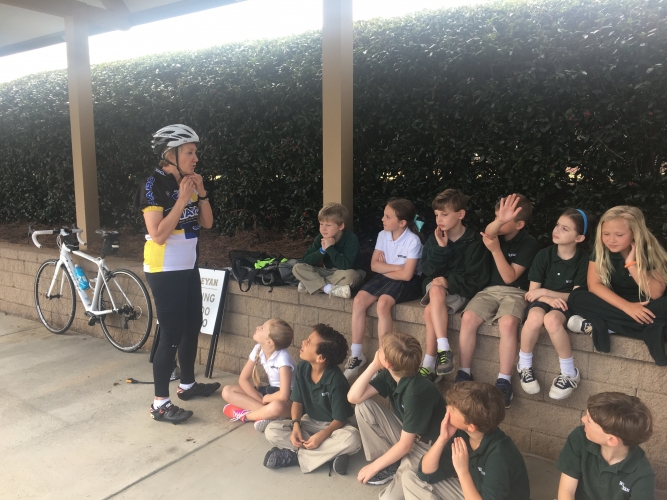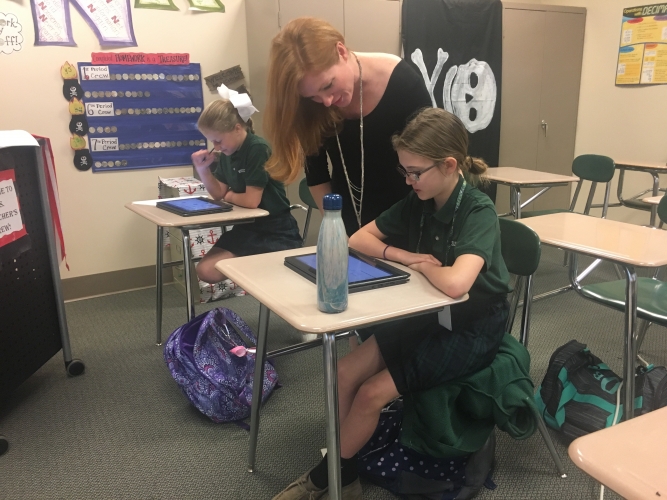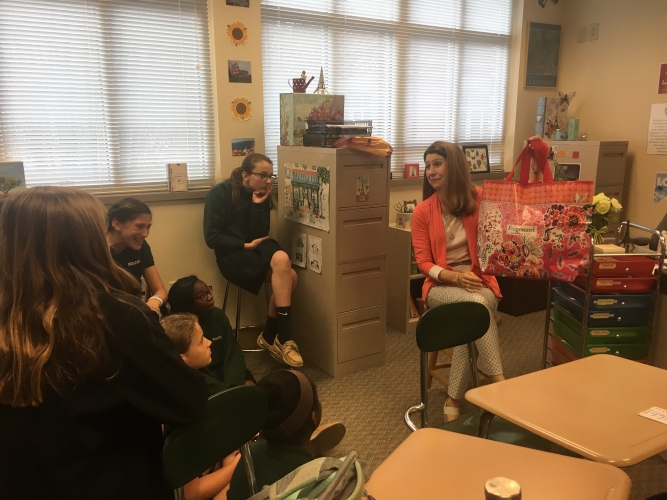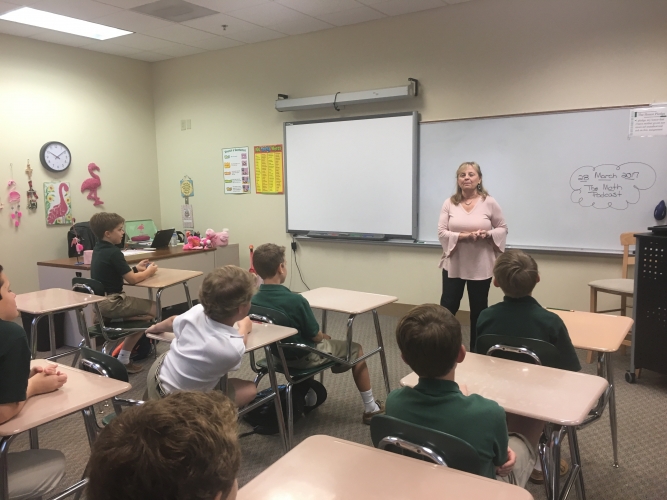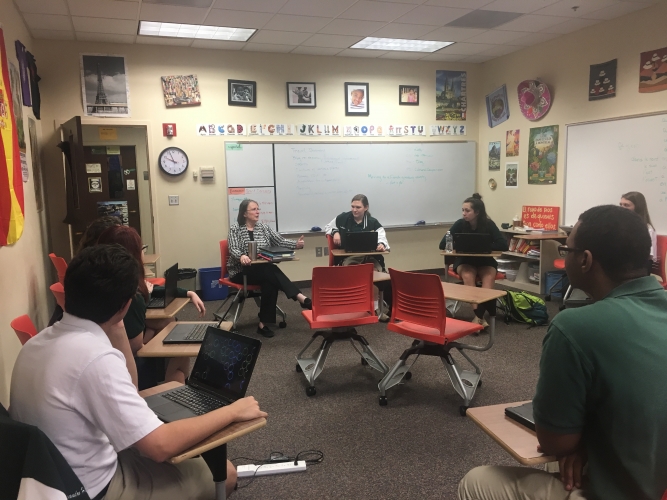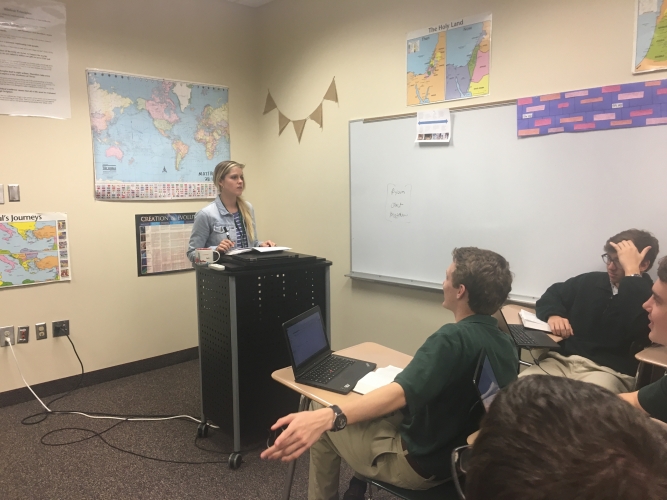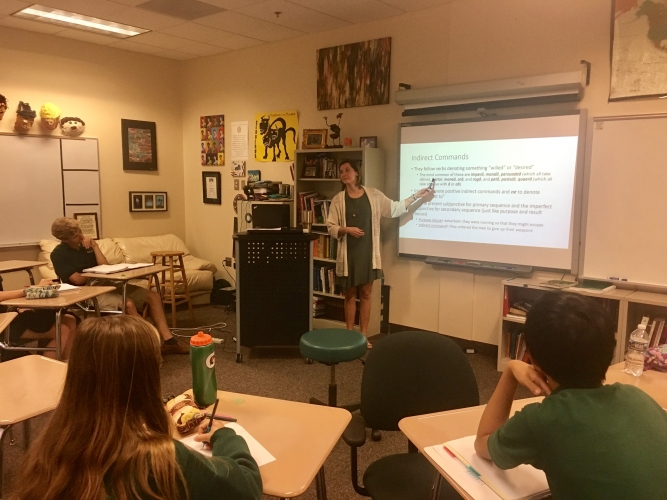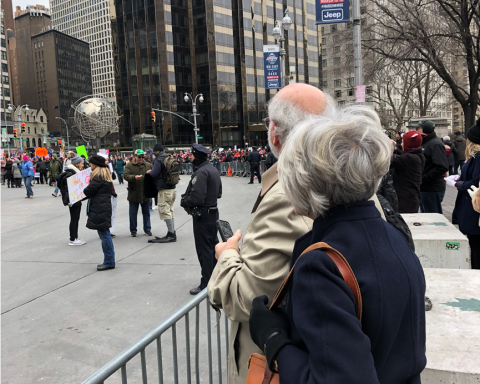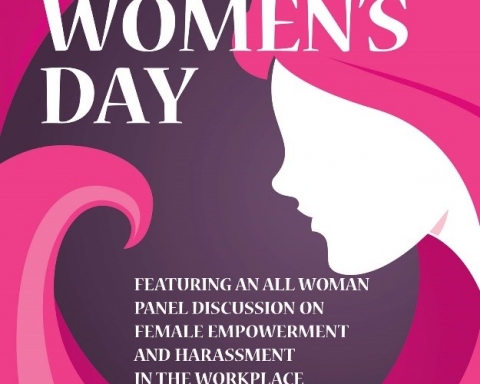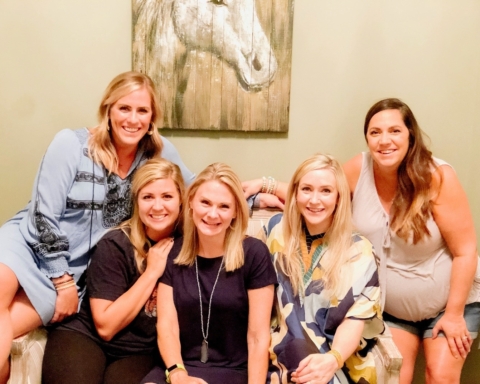From its roots at the Seneca Falls Convention in 1848 to worldwide organizations for female empowerment in 2017, the women’s rights movement has gained immense popularity, a large part of which comes from the institution of Women’s History Month.
Throughout history, females have tirelessly worked towards a common goal: gender equality. The month of March was named Women’s History Month in 1987 by Ronald Reagan and recognizes the various contributions that females have made to American history, culture and society.
According to History.com, under President Barrack Obama, the White House recognized Women’s History Month by releasing a progress report on the status of women in the United States in 2011. The results of the report showed that “younger women are now more likely than their male counterparts to hold a college degree and that the number of men and women in the labor force has nearly equalized.”
As a school, Wesleyan has not hosted a special assembly or chapel to recognize Women’s History Month; however, Senior Pastor Steven N. Dial Senior and members of Rainbow Park Baptist Church sang and spoke in chapel, General Richard B. Dix spoke during Monday Morning Meeting and hallways were decorated to celebrate Black History Month. This raises the question: why does Black History Month receive more emphasis than others, such as Women’s History Month?
Dean of Diversity Jason Scheer was able to help clear up confusion regarding this matter. Scheer said, “Black History Month received more recognition at Wesleyan this year because of the resources provided to me in the form of parent volunteers and contacts to bring in speakers.”
Wesleyan families and faculty were familiar with Pastor Dial Senior and General Dix, so they recommended to Scheer that the two men, along with the church choir, visit Wesleyan to celebrate black history.
Scheer said, “There is room and need to expand our history months to include more than black history.” He would welcome suggestions for speakers to celebrate the other history months and hopes to see this expanded in the future.
As for Scheer’s thoughts on Women’s History Month, he provides an insightful view regarding its effectiveness. “It is important for women to know that women have done phenomenal things, [but] ideally we [should] move away from history months [and] treat all history fairly,” said Scheer.
Essentially, Scheer believes that the accomplishments of women, along with those of people of color, should be integrated into history just as those of white males have been. To try to celebrate the emphasis that any given people group has had on history within the period of a single month is an act of compensation for their exclusion in the past. “Ideally, these groups would be included in our curriculum year around, not just one month,” said Scheer.
Despite the fact that Wesleyan has not specifically addressed Women’s History Month with an assembly, many students remain passionate about the importance of the sentiment celebrated this month.
“Women’s rights activism is so important to me as an 18-year-old girl. I think that it [is] really easy to forget that not so long ago, women were not allowed to work, vote [or] get an education… It [is] important for me to take advantage of the rights that I [have] been given… It [is] important for me to live my life taking advantage of the privileges that I do have because someone fought for that, and now it’s up to me to keep fighting,” said senior Maguire Wilder.
Junior Sydney Anderson “took a personal interest in women’s rights and got into it on [her] own,” but her knowledge and overall understanding of what it means to be an advocate for women’s rights has expanded throughout her journey as one, especially regarding the inclusivity of the movement.
“Equal rights are [not] just for one gender, one race or one sexuality. They [are] for everyone, and intersectional feminism is the only legitimate form of feminism because it recognizes that the problems of one woman might not be the same for another considering their makeup,” said Anderson.
According to USA Today, intersectional feminism is “the understanding of how women’s overlapping identities — including race, class, ethnicity, religion and sexual orientation — impact the way they experience oppression and discrimination.” In other words, while a white female may feel disadvantaged because of her gender, an African-American woman faces double-jeopardy in the sense that she must combat the discrimination that comes along with both her gender and her race.
Although Anderson immersed herself in the world of women’s rights, Freshman Izzy Rodriguez and Wilder contribute their initial interests in the advocacy for women’s rights to their mothers.
“[My mom] has always been a true fighter for women’s rights and an inspiration to me,” said Rodriguez.
Wilder also speaks very highly of her mother. “[My mom] has modeled so well for me what it means to be a woman in a man’s world. She works in sports and higher education and spends her days surrounded by men, yet she walks into the room and has complete control. She [is] unstoppable,” said Wilder.
Girls and women across the nation continue to enhance the meaning behind Women’s History Month, each in their own way.
In the words of Constance Baker Motley, “Something which we think is impossible now is not impossible in another decade.”

